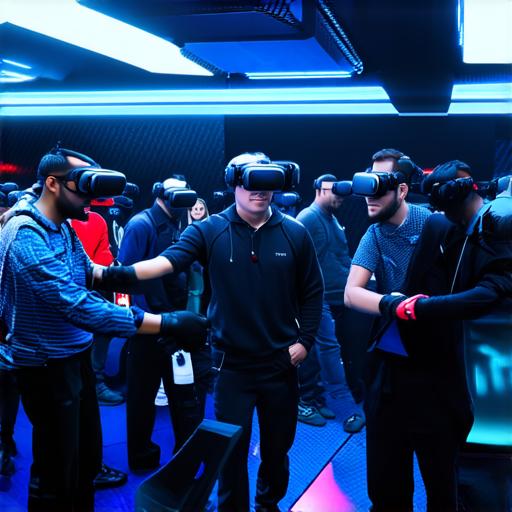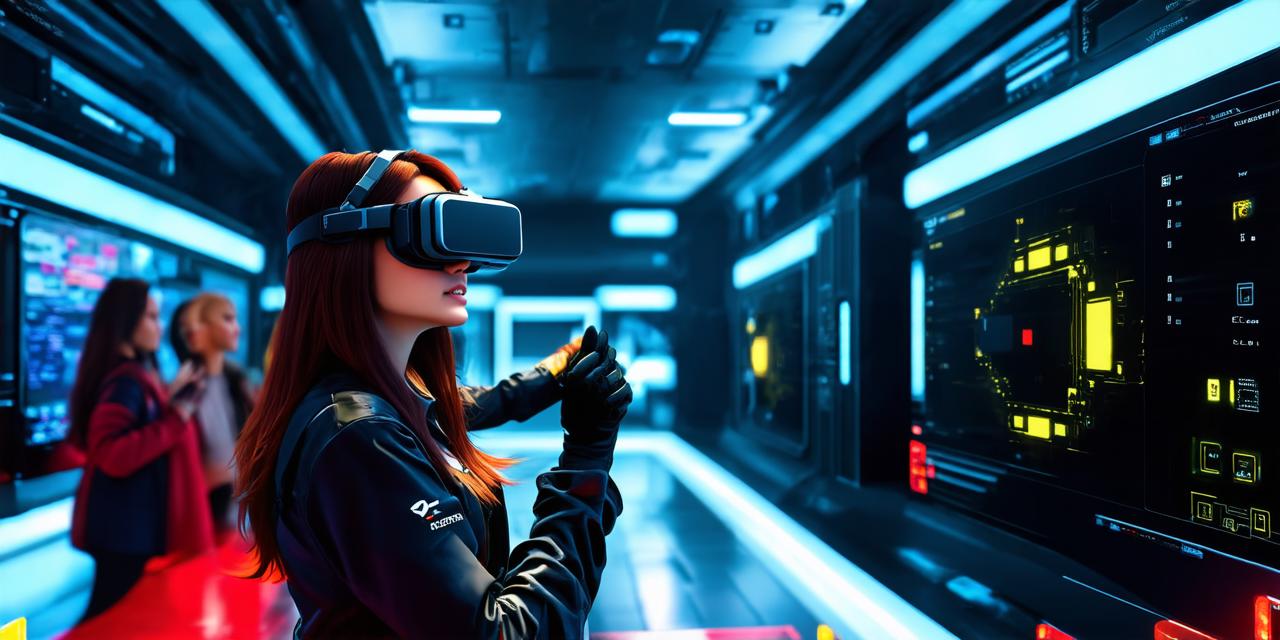What is the Metaverse?
The metaverse can be defined as a decentralized, virtual space where people can interact with each other and with digital objects in a shared, immersive experience. It is a collective virtual shared space, created by the convergence of virtually enhanced physical reality and physically persistent virtual space, including sum of all virtual worlds, augmented reality, and the internet.
History and Evolution of the Metaverse
The concept of the metaverse has its roots in science fiction, where authors like Neal Stephenson and David C. Jones envisioned a future where people could interact with each other and with virtual objects in a shared, immersive experience. However, it wasn’t until the advent of the internet that the idea of the metaverse began to take shape.
In the early days of the internet, people started to create online communities and virtual worlds where they could interact with each other and with digital objects. These environments ranged from simple text-based forums to fully immersive, 3D worlds like Second Life.
As technology continued to evolve, the metaverse began to expand in new and exciting ways. With the rise of augmented reality (AR) and virtual reality (VR), people can now experience the metaverse in a more immersive way than ever before. AR and VR technologies allow users to interact with digital objects in real-time, creating a more seamless and engaging experience.
Potential Impact on Society and Culture
The potential impact of the metaverse on society and culture is vast and far-reaching. It has the potential to revolutionize the way we work, learn, and socialize.
One of the most significant benefits of the metaverse is its ability to bring people together from all over the world in a shared virtual space. This can help to break down barriers between cultures and facilitate cross-cultural collaboration and understanding.
The metaverse also has the potential to revolutionize education and training. With virtual reality and augmented reality technologies, students can now learn in a more immersive and engaging way than ever before. This can lead to better retention of information and improved learning outcomes.
In addition, the metaverse can also help to create new forms of economic opportunities. For example, people can buy and sell virtual goods and services within these virtual environments, creating a new economy that is not tied to physical assets.

Real-Life Examples
There are many real-life examples of the metaverse in action. One of the most well-known is Second Life, an online community where people can create their own avatars and interact with each other and with virtual objects in a 3D world.
Another example is Decentraland, a decentralized virtual world built on the Ethereum blockchain. It allows users to create and own their own land, build structures, and even host events within the virtual world.
There are also many examples of the metaverse being used for education and training. For example, the company VirtualSpeech uses VR technology to provide immersive language learning experiences, allowing students to practice speaking in a virtual environment that simulates real-life situations.
FAQs
1. What is the metaverse?
The metaverse can be defined as a decentralized, virtual space where people can interact with each other and with digital objects in a shared, immersive experience. It is a collective virtual shared space, created by the convergence of virtually enhanced physical reality and physically persistent virtual space, including sum of all virtual worlds, augmented reality, and the internet.
2. How does the metaverse work?
The metaverse is not a single, centralized platform or application, but rather a network of interconnected virtual environments that can be accessed and explored by anyone with an internet connection. These environments can range from simple text-based forums to fully immersive, 3D worlds with their own unique set of rules and experiences.
3. What are the benefits of the metaverse?
The potential impact of the metaverse on society and culture is vast and far-reaching. It has the potential to revolutionize the way we work, learn, and socialize by bringing people together from all over the world in a shared virtual space and creating new forms of economic opportunities.
4. What are some real-life examples of the metaverse?
There are many real-life examples of the metaverse in action, including Second Life, Decentraland, and VirtualSpeech. These examples demonstrate how the metaverse can be used for education, training, and socializing.
